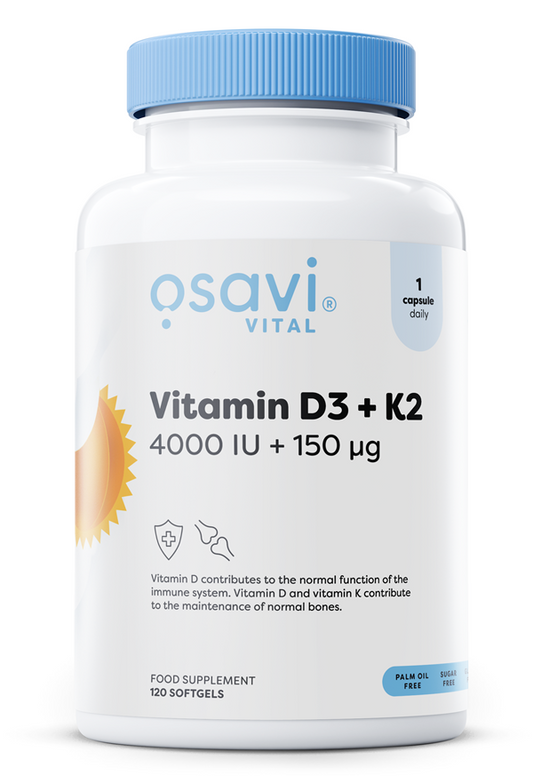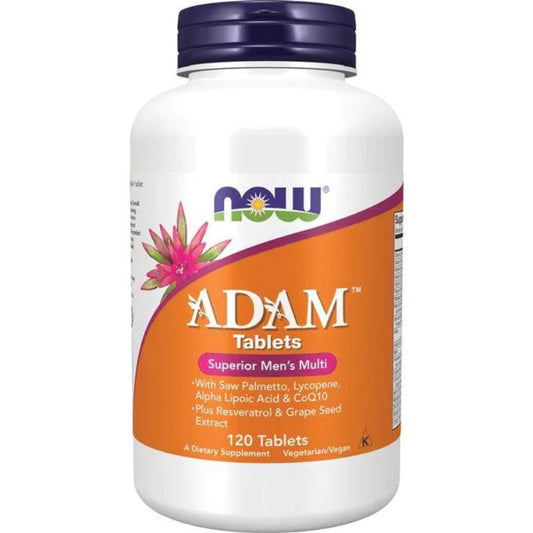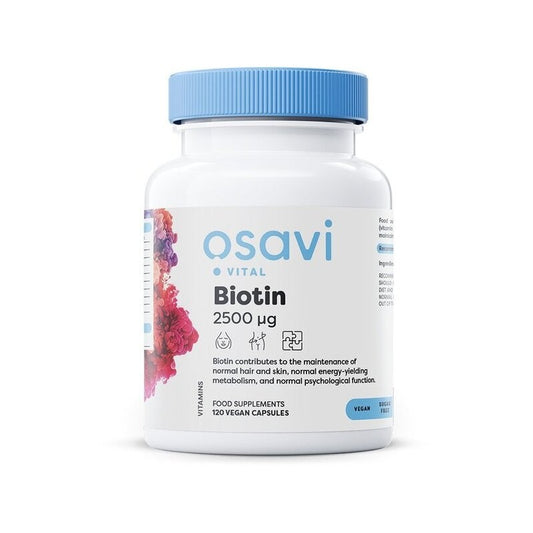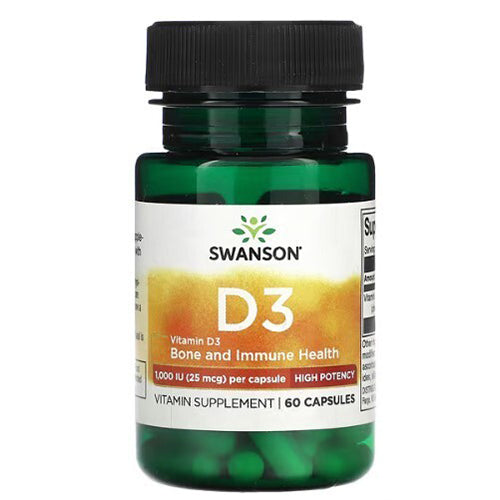
How Much Caffeine Is Too Much? Understanding Its Effects on Essential Minerals
Jakub SkibaCaffeine is a widely consumed stimulant that many of us rely on every day. Whether it’s a morning cup of coffee, an afternoon tea, a soda, or an energy drink, caffeine is a quick way to boost alertness and productivity. But beyond its stimulating effects, it’s important to understand how caffeine interacts with your body, especially in relation to nutrients and minerals. Many people overlook the fact that what we consume doesn’t just provide energy or flavor—each substance has a function and an impact on the body’s natural balance. Caffeine, for example, may affect the absorption and excretion of key minerals such as magnesium, calcium, iron, zinc, and potassium. Over time, regular high consumption of caffeine without awareness of its interactions with nutrients may create subtle imbalances. This is not about alarmist warnings, but about being informed. Understanding the purpose of each nutrient, its sources, and the role it plays in everyday functioning allows for smarter choices when it comes to diet and supplementation. It also helps you prevent unintentional depletion or imbalances. For instance, magnesium contributes to energy metabolism and nerve function, calcium is essential for bones and muscles, and iron plays a role in energy and overall vitality. By learning how caffeine influences the retention and absorption of these minerals, you can make more mindful decisions about timing, quantity, and complementary nutrition. This educational approach emphasizes awareness: knowing what you are consuming, understanding why your body needs it, and recognizing how different lifestyle habits affect nutrient balance. The goal is not to eliminate caffeine but to integrate it into a balanced routine that supports overall nutrition and wellbeing.
What Is Caffeine?
Caffeine is a natural stimulant found in coffee, tea, energy drinks, chocolate, and some medications. It works by temporarily reducing feelings of fatigue and increasing alertness. In moderation, caffeine can be enjoyed safely, but excessive intake may affect the body’s nutrient balance and daily functioning.
How Caffeine Can Affect Minerals
Caffeine has mild diuretic properties, which can increase fluid loss and impact the way the body retains certain minerals. It may also influence absorption when consumed near meals. Some of the key minerals affected include:
Magnesium – The Energy Mineral
-
Supports muscle function, nerve signaling, and sleep.
-
Excessive caffeine may reduce magnesium retention and absorption, which can affect overall energy and relaxation.
Calcium – For Bones and Muscles
-
Essential for bone strength, muscle function, and heart rhythm.
-
High caffeine intake may reduce calcium absorption and increase excretion, potentially affecting long-term bone health.
Iron – Vital for Energy
-
Important for overall energy and maintaining balanced nutrient levels.
-
Caffeine may limit absorption of iron from plant-based foods when consumed around meals.
Zinc – Supporting Daily Functions
-
Plays a role in growth, immune support, and enzyme function.
-
High caffeine intake may affect how efficiently zinc is absorbed.
Potassium – Maintaining Balance
-
Supports fluid balance, muscle function, and heart rhythm.
-
Excess caffeine may influence potassium loss through urine.
Practical Ways to Balance Caffeine Intake
-
Separate Caffeine from Meals – Wait 1–2 hours after eating before consuming caffeine to protect mineral absorption.
-
Hydrate Well – Drink extra water alongside caffeine to support fluid balance.
-
Moderate Consumption – Limit caffeine to 1–2 servings per day when possible.
-
Nutrient-Rich Foods – Include foods rich in magnesium, calcium, iron, zinc, and potassium in your daily diet.
-
Smart Supplement Timing – If taking mineral supplements, consume them at different times than caffeine to maximize absorption.










